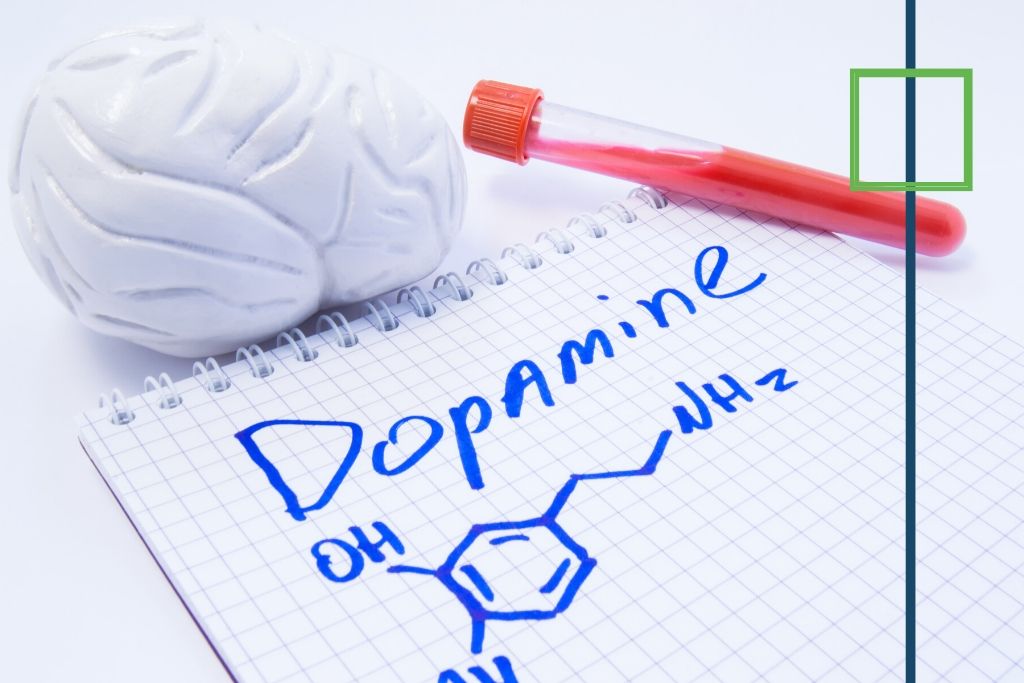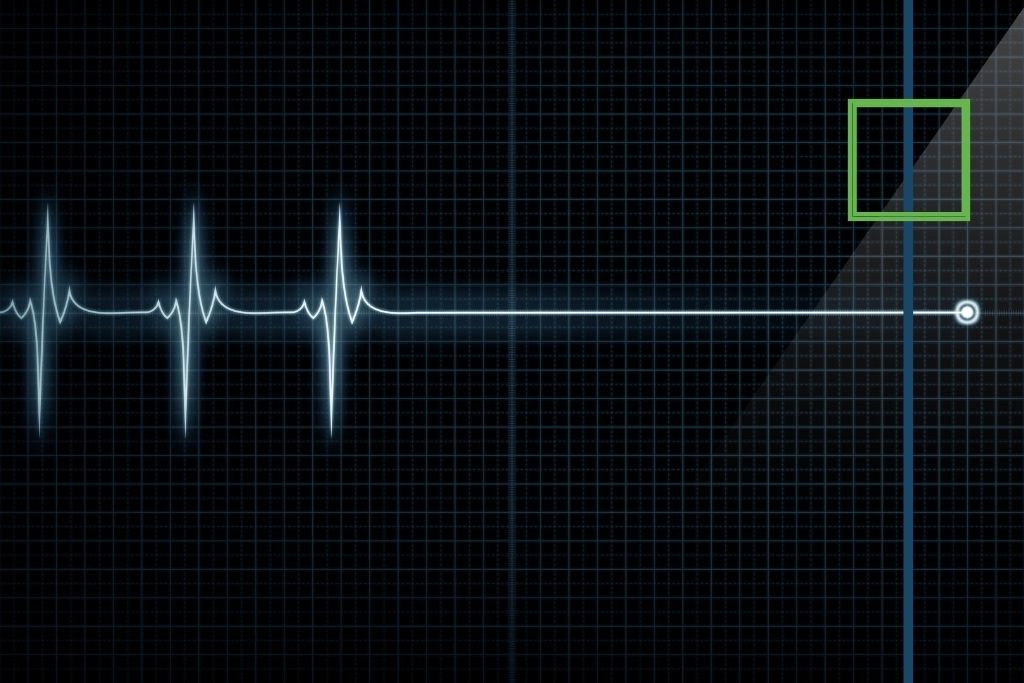Nicotine addiction is behavioral. People become dependent on the actions involved with using tobacco. They also become accustomed to using tobacco in certain situations, such as after meals or under stress. Nicotine is a highly addictive chemical compound present in a tobacco plant. All tobacco products contain nicotine, including cigarettes, non-combusted cigarettes (commonly referred to as “heat-not-burn tobacco products” or “heated tobacco products”), cigars, smokeless tobacco, hookah tobacco, and most e-cigarettes. Most people with an addiction to nicotine are aware of the harm tobacco causes, yet they continue to use the substance. This abusive behavior is a characteristic of addiction.
Because smokers can choose to do without any cigarette, smoking seems like a habit that can be overcome by willpower. Until recently, addiction was simply considered bad behavior. We now understand that addiction is a neurological disorder that results from changes to the part of the brain referred to as the reward center. Drug use is pleasurable because addictive drugs directly stimulate the reward center, tricking the brain into thinking something great just happened. The pleasurable sensation is the hook that makes people use the drug again and again. Regardless of how long you’ve smoked, stopping can improve your health. It isn’t easy but you can break your dependence on nicotine. Many effective treatments are available.
Statistics on Cigarette Smoking
- The National Center for Biotechnology Information (NCBI) reported that cigarette smoking remains a leading cause of preventable disease and premature death in the United States and other countries. On average, 435,000 people in the United States die prematurely from smoking-related diseases each year. Overall, smoking causes 1 in 5 deaths. The chance that a lifelong smoker will die prematurely from a complication of smoking is approximately 50%.
- Currently, about 45 million Americans smoke tobacco. Seventy percent of smokers say they would like to quit, and every year, 40% do quit for at least 1 day. Some highly addicted smokers make serious attempts to quit but are able to stop only for a few hours. Moreover, the 80% who attempt to quit on their own return to smoking within a month, and each year, only 3% of smokers quit successfully. Unfortunately, the rate at which persons — primarily children and adolescents — become daily smokers nearly matches the quit rate, so the prevalence of cigarette smoking has declined only very slowly in recent years. This is according to NCBI.

- On average, smokers die 10 years earlier than nonsmokers. If smoking continues at the current rate among U.S. youth, 5.6 million of today’s Americans younger than 18 years of age are expected to die prematurely from a smoking-related illness. This represents about one in every 13 Americans aged 17 years or younger who are alive today. This is according to the Center for Disease Control and Prevention (CDC).
Signs of Nicotine Addiction
For some individuals, using any amount of tobacco can quickly lead to nicotine dependence and ultimately to nicotine addiction. Many of these people are in denial. They may think of themselves as social smokers who smoke a cigarette while they are out with friends. In addition, they may also be smokers who believe they can quit when they are ready. It is important to recognize the signs of nicotine addiction to overcome denial and get the right treatment help.
Common Signs of Addiction to Nicotine:
- Having a desire to quit or decrease use but being unable to do so
- Requiring more tobacco to feel satisfaction
- Experiencing withdrawal symptoms, such as irritability
- Using tobacco in larger amounts than intended
- Experiencing cravings and intense urges to use tobacco
- Continued tobacco use despite awareness of consequences and health risks
When a person becomes addicted to smoking, they smoke in order to achieve the physical and mental satisfaction that smoking gives. Unfortunately, smoking-related satisfaction is very short-lived, and new cravings develop quickly. Recognizing the nature of your addiction, including the physical and psychological cravings, can help a person identify and prepare for the difficulties one might face while in the process of quitting.
Dangers of Nicotine Addiction Withdrawal
Nicotine addiction is the reason many smokers find it difficult to quit. When a smoker tries to quit, he or she often experiences withdrawal symptoms. This happens because the addicted brain can no longer naturally produce normal levels of certain chemicals, like dopamine. These symptoms can crop up in as little as two hours after not using tobacco and tend to be the worst 2-3 days after quitting.
Nicotine withdrawal can be an uncomfortable and distressing experience. It can trigger a lot of physical and mental symptoms that can be hard to tolerate. A person who quit cold turkey may experience worse symptoms than those who take a cohesive approach with a support system and counseling.
Nicotine Cravings
The desire to smoke is one of the most challenging and recurring symptoms of nicotine withdrawal. Craving is a physiological response in which the body yearns for something to which it has adapted and become tolerant. Nicotine addiction cravings typically last for five to 10 minutes. They may be extremely uncomfortable, but try to wait them out and remind yourself that the feeling will pass.
Increase in Body Weight
The desire to eat is more than just substituting cigarettes with food. Nicotine triggers the release of sugar (glucose) from the muscle and liver while altering the insulin response. Therefore, a person who stops smoking will experience a drop in blood sugar and feel the need to eat to satisfy the sudden and often unexplained hunger.

Trouble Sleeping
Sleep problems with nicotine addiction are common side effects of withdrawal that may possibly lead to insomnia. This is closely linked to the dopamine levels in the brain, which are responsible for sleep regulation. Good sleep hygiene can often help overcome this symptom.
Persistent Cough
People will often become alarmed when they develop a persistent cough after they quit smoking. As odd as this may seem, coughing at this stage is a sign that your lungs are getting better, not worse. When a person smoke, the tiny finger-like projections in the lining of your airways, called cilia, will become immobilized and eventually flatten out. After an individual quits, the cilia will return to their normal shape and function, pushing toxic deposits out of the lungs to be coughed up.
Flu-Like Symptoms
While in the process of quitting, a smoker may experience something popularly referred to as the “quitter’s flu. A person may experience mild fever, sinusitis, malaise, body aches, and coughing. It is simply the body’s reaction to an unfamiliar condition. This may last for a few days.
Mood Changes
Irritation and stress are very common symptoms of early nicotine withdrawal. The dysregulation of the endocrine triggers this. As a result, extreme changes in mood, including sudden and irrational outbursts, may be experienced. Memory problems, difficulty concentrating, and dizziness are also common.
Nicotine Addiction Treatment
Medication-Assisted Treatment
Nicotine replacement medications, such as tablets, gums, or patches, may also help people quit smoking by relieving withdrawal symptoms, often a major obstacle to quitting. Because skin absorption and oral ingestion of nicotine are slower and result in much lower peak levels than smoking, these forms of nicotine are less rewarding than inhaled nicotine. Nevertheless, they can help smokers taper off with fewer withdrawal symptoms and cravings. In addition, Bupropion, an antidepressant (brand names Wellbutrin, Zyban, and others), can help smokers quit by mimicking the effects of nicotine, thus reducing withdrawal symptoms.

Supportive Treatment
Behavioral counseling is a mainstay of treatment for substance use disorders and can help people quit. Helplines and digital tools are available and can be very helpful, as an individual or group therapy. While optimal treatment combines behavioral counseling with medication, if medications are not available, counseling can be effective on its own. A person with nicotine addiction can also benefit from health screening to identify and treat medical problems that are caused by smoking, such as breathing issues and heart disease.
Nicotine Addiction and Other Substance Treatment
Because nicotine addiction is so common, many smokers also abuse other drugs alongside it. Alcohol is the most common substance used alongside nicotine and can also be an obstacle to overcome nicotine addiction. Those who are used to smoking a cigarette when they’re drinking will have a mental connection between the two. Quitting smoking can be much more difficult when continuing to drink. Nicotine is also often abused with other drugs, such as cocaine. Using both together can increase their effects. Nicotine may also be a gateway into illicit drugs.
Find the Right Primary Mental Health Treatment Plan with Co-occurring Addiction Diagnosis
Addiction treatment in an inpatient rehab center allows individuals struggling with nicotine and other substance abuse to overcome addiction in a safe environment, removed from any harmful triggers. In addition, a drug rehab center may provide professional care, evidence-based treatment methods, and peer support which makes all the difference in recovery success.
Sometimes, the pressures and problems in a person’s life lead to substances reliance to help forget about them momentarily. If you or someone you love is struggling with nicotine addiction, get them the safest help they need and deserve.
Inpatient medical detox and residential primary addiction treatment may be available at our affiliated facility at Level Up West Palm Beach Rehab. For some primary behavioral health treatment clients, medical detox and or addiction rehab may be required first. If you have a co-occurring severe substance abuse diagnosis, please contact us prior to beginning inpatient mental health therapy. Treatment services may vary. Please call us to learn which treatment options are most suited for your individual needs.